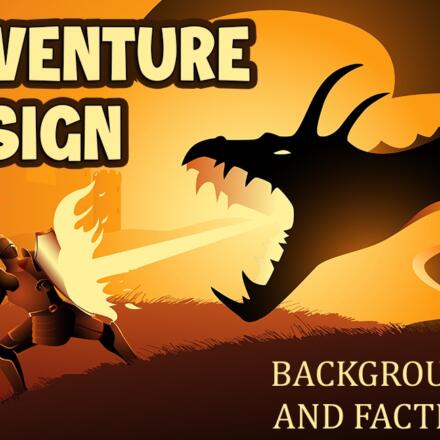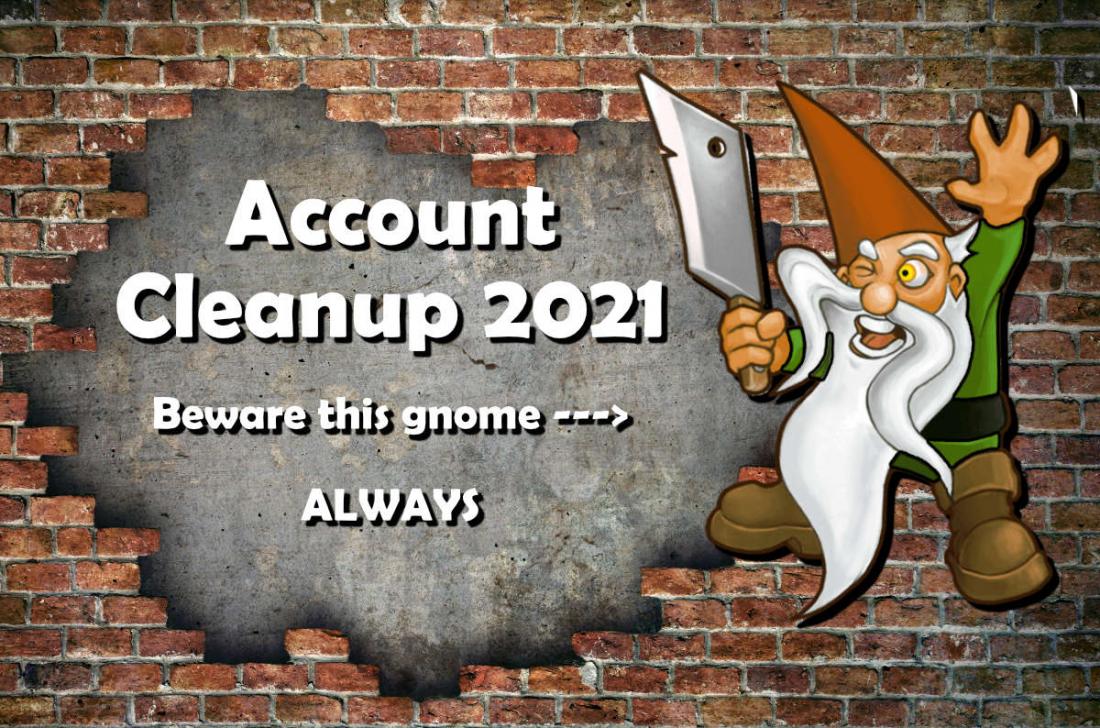For an upcoming game, I’ve been working on a character that was born in Spain many centuries ago. As part of working up who she is, I have been pondering whether to try for an accent when roleplaying her conversations. This, of course, got me thinking about the murky waters of accents in RPGs, and the dynamics of using special voices for our characters.
When I started gaming way back in the mid 1980’s, being able to do a good voice for your character was considered a hallmark skill as a roleplayer. I still meet the occasional grognard who feels the need to apologize for not being able to do a specific voice for their character or NPCs. It’s a complicated issue but having someone at the table who is both a good player and someone who brings a character to life with the perfect way of speaking can be incredibly exciting and fun.
At the same time, this perceived pinnacle of roleplaying skill puts a lot of pressure on players and GMs. It has been rightly pointed out that the use of accents can sometimes be problematic or even outright racist. A few years ago, I was in a Savage Worlds pulp game set in the 1930’s, much like Indiana Jones. One of the player characters was Chinese and the player who chose him kept using an accent for the character that was downright painful. I know the player didn’t mean any harm, but that doesn’t change that the caricature accent he was using was offensive. It’s enough of a concern that I’ve heard some folks in RPG circles declare that accents should NEVER ever be used.
I am not in that camp, but I think we should be mindful of the way we give our characters unique voices different from our own. This is a conversation that is complicated, but worth having. So, let’s cover some points about doing character voices:
- Doing voices for your characters is NEVER a requirement for players or GMs. Let’s get this one out of the way up front. No matter what folks think about the height of gamer skill, doing special voices, accent or no, is not a requirement for being a good gamer. Today we have an abundance of well-produced actual play shows with voice actors doing amazing things with their PROFESSIONALLY TRAINED voices for their characters and NPCs. Combine that with the lingering attitude of special voices being a required skill, and there are many folks, both new and old, who feel insecure about their own skills at the table. This is absolutely not the case and even those professionally trained voice actors would tell you that’s silly. There are many amazing players and GMs who help bring awesome games to the table without ever using a special voice.
- Accents can be fun, but tread carefully. Yeah, even though there are troublesome aspects to doing accents for characters, it can also be incredibly fun. Even with as obnoxious as it is, everyone loves a surly Scottish dwarf (who decided dwarves are Scottish anyway?), and giving your Twi’lek a vaguely French accent fits in with the way they were portrayed in the Star Wars cartoons. I recently got to play Magik from the X-men and giving her a vaguely Russian accent was a ton of fun, especially with her snarky, cocky attitude. So, yes, accents can be fun, but you need to be respectful of how and why you’re using the accent. Be especially careful with accents for cultures that have been, or are, the victims of racism and other kinds of prejudice. If there’s no difference between the accent you’re using and the way some jerks at the bar are making fun of someone from a marginalized group or culture (and you’re not part of that culture) then you’ve probably crossed a line.
- Less is more. Maintaining a specific character voice for the full length of a game can be difficult. Players may have trouble keeping it up for a whole session, GMs can lose track of which NPC sounds like what, and the other players may even have trouble understanding you. I can’t watch British shows or movies with my dad because there’s just something about the accents he has trouble parsing. Focusing on a few chosen words or phrases can be enough to get the same idea across without exhausting you or everyone else at the table. For example, when playing a character from the southern United States, a couple of y’alls gets the gist across.
- Speech patterns are quietly powerful. Don’t underestimate the power of switching up your speech patterns for a particular character. You probably already have an understanding of how formal or informal that character is, so think about that affecting how they talk. Do they come from an upper crust background and choose to never use contractions, enunciating each word carefully? Or perhaps they’re young and impulsive so they talk at the speed of thought and give a running commentary of what’s going on in their head. None of this has to involve an accent or a special voice, but it automatically helps portray who the character is.
- Pitch, Posture, and Attitude. Similar to speech patterns, just adjusting how you physically present yourself when talking as the character can do wonders for bringing a character to life. Sitting straight and tall, with your chin held high, looking down your nose at everyone can instantly bring that snobbish attitude to life. Slumping your shoulders, lowering your voice, speaking slowly and sadly is a completely different character from widening your eyes, tilting your head and speaking in a higher pitched, lilting tone.
- Avoid rude and ugly stereotypes. This should be a no brainer and I already said this in the bullet point about accents, but I just wanted to reiterate it. If the voice or accent you are thinking of using is an over the top caricature that would cost an actor or comedian their job today, don’t bring it to the table. Done with some thought and respect, and voices can be great fun. So don’t ruin it for the rest of us.
Ultimately, none of this is required for playing roleplaying games, but if you were considering trying some unique voices out for your characters, I hope these tips help or at least offered some food for thought.


















As a person who’s done years of public speaking and a bit of voice acting… oh and tons of roleplaying, I agree with everything you’ve said.
Speaking with an accent is a shorthand for portraying a character. It can get a message across quickly about who the character is. But that message is simple— and also vague. E.g., players might be wondering, “Okay, your Elves sound French, but what does that really mean?” And, as you point out, using accent runs the risk of veering into stereotype. Even professional actors and directors are wary of that trap.
What’s better, as you point out, is to consider how the character’s personality and situation influence how they speak. Are they intelligent or not? Formally educated or street-wise? What’s their attitude toward the person they’re speaking to— friendly or hostile? Suspicious or reassuring? Trying to make a favorable impression or assert a power position? Imagine the words, sentence structure, enunciation, and tone a person would use in each of these situations. I’ll grant, this is not easy. It takes thought and practice to do well. But the results are way better than using fake accents as a cheap crutch to convey character.
Great article 🙂
An additional tip from a certain Mr. Mercer that I found immensely helpful: come up with a single quirk for each important NPC, like she’s always scratching her nose, never really looking other people in the eyes, or always ending sentences on „you know?“
The speach pattern tip is such good advice! Its much easier than changing your accent (the most simple way is to litereally just slow your speach down, or talk a little faster) but it can make a character so distinctive <3